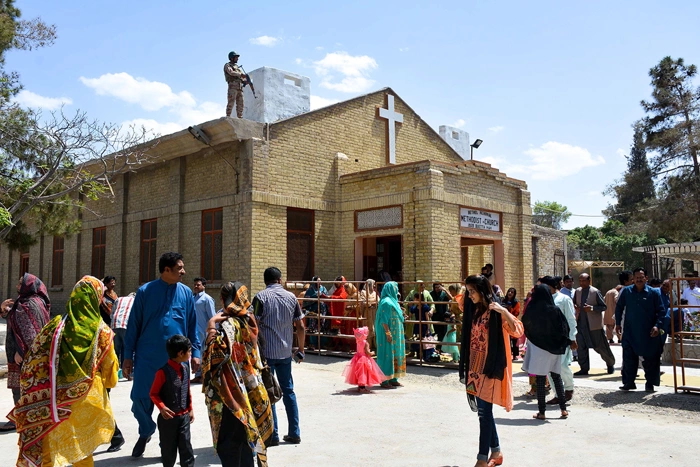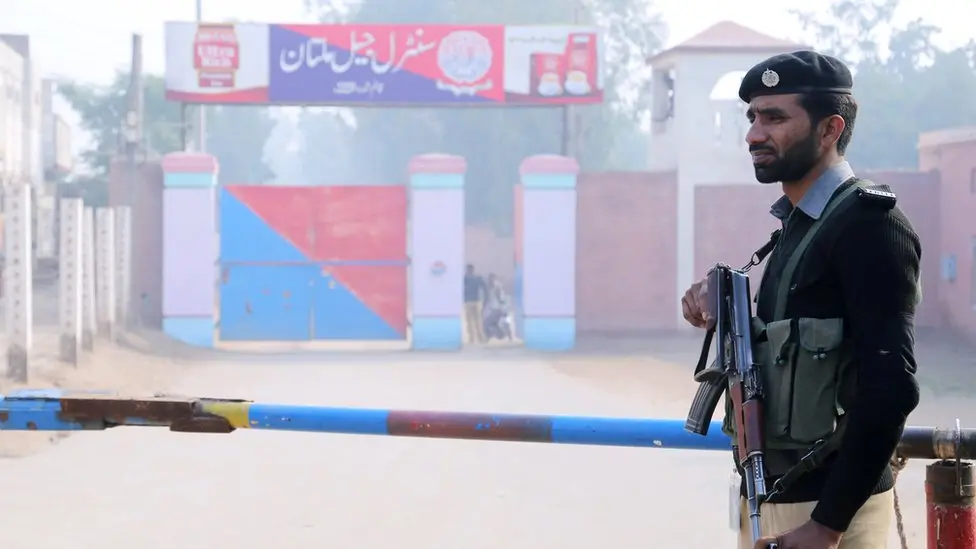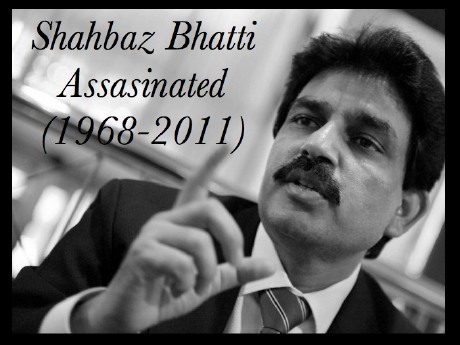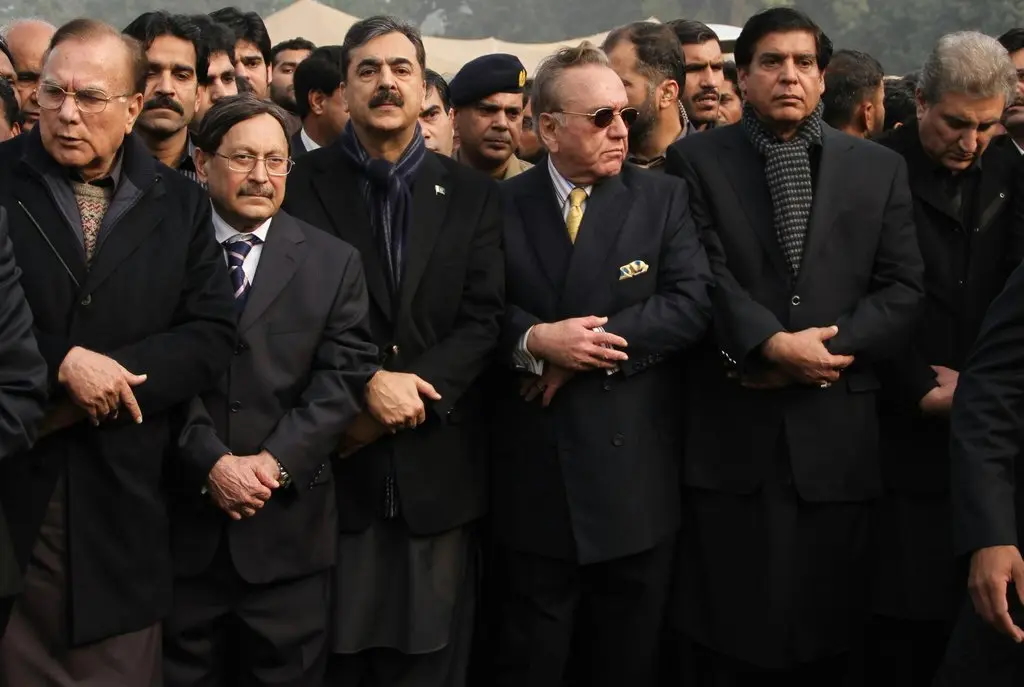
Pervaiz Masih, a church elder, was charged with blasphemy for comments made in a discussion about religious texts. His case exemplifies the vulnerability of individuals from minority communities under Pakistan's blasphemy laws.

Junaid Hafeez, a former university lecturer, was sentenced to death for blasphemy in December 2019. Despite international outcry and concerns about due process, he remains imprisoned in solitary confinement since his arrest in 2013. His case highlights the severe consequences of Pakistan's blasphemy laws on academic freedom.

On 13 April 2017, Mashal Khan, student and human rights activist, was killed by a large group of students after he was accused of running a Facebook page where he was allegedly publishing blasphemous material. He was killed inside the premises of the Abdul Wali Khan University Mardan where he was a student of Mass Communication.

LAHORE: On the eve of International Women's Day, the Human Rights Commission of Pakistan (HRCP) has called upon the authorities to recognize the role of women human rights defenders and protect them from discrimination, harassment and attacks.

DAY after tomorrow, the people of Pakistan will join the rest of humankind in celebrating Human Rights Day. The government too will indulge in ritualistic rhetoric. An honest approach should persuade it to do some soul-searching, for human rights in Pakistan face serious threats today.

LAHORE: The Human Rights Commission of Pakistan volunteers have recorded 342 human rights violations in 60 districts across Pakistan from Jan to May 2016.

In the present situation, we need to strictly follow the definition of the crime of Genocide as has been envisaged in the Art.II of the UN Resolution 260, passed in 1948 Convention.

Honour Killing, a form of gender-based violence, is the homicide of a member of a family or social group by other members, due to the belief the victim has brought dishonor upon the family or community.

The Federal Minister for Minority Affairs, Shahbaz Bhatti, was murdered in 2011 for advocating for religious minority rights and reforming blasphemy laws. His assassination underscored the risks faced by politicians and activists opposing blasphemy laws.

The Governor of Punjab, Salman Taseer, was assassinated by his bodyguard in 2011 for publicly supporting Asia Bibi and calling for reforms to the blasphemy laws. His murder highlighted the dangers faced by those who advocate against misuse of these laws and brought international condemnation.

Asia Bibi, a Christian woman, was accused of blasphemy after an argument with her coworkers. She was sentenced to death in 2010. Her case attracted international attention, leading to debates on religious freedom and the misuse of blasphemy laws. After years of legal battles, she was acquitted by the Supreme Court in 2018, but faced threats to her life and had to leave Pakistan for safety.